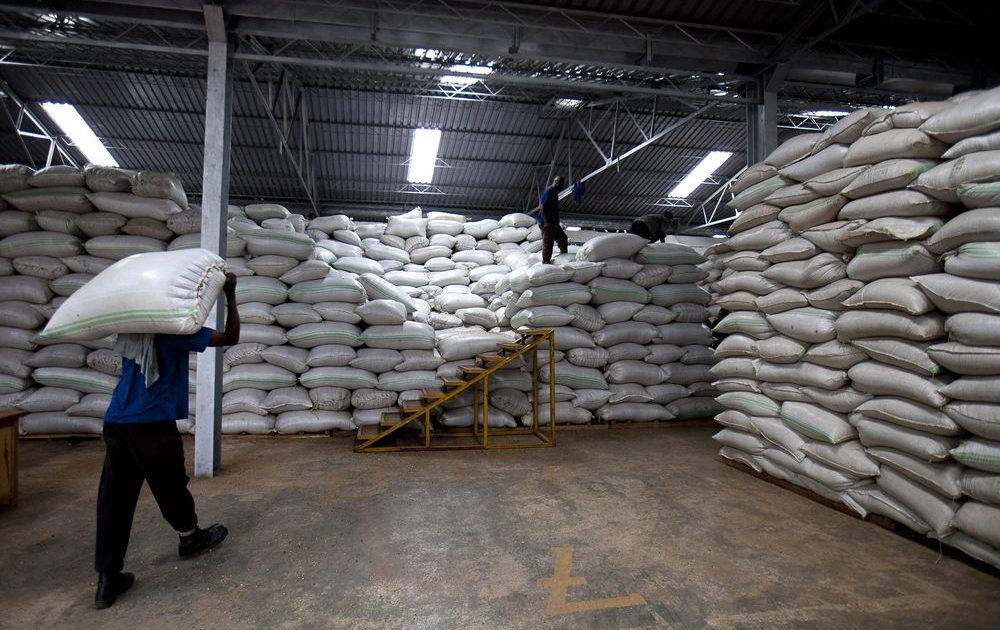Uganda’s expanding public debt, partly inflated by non-concessional borrowing, will make East Africa’s third-biggest economy more vulnerable to external shocks, the World Bank said.
Taking commercial loans amid a widening budget deficit could lead to higher principal and interest payments and deprive the state of money to fight poverty, the Washington-based lender said in an economic report. The nation’s financing gap for the year through June is estimated at 6.7% of gross domestic product, it said.
While Uganda remains at low risk of debt distress, its loans may balloon to 44 trillion shillings ($11.7 billion) by the end of next month from 41.3 trillion shillings a year earlier, which was 14% of GDP, the bank said.
External loans account for two thirds of Uganda’s debt, 70% of which is from multilateral creditors, according to the report, which didn’t give details of non-concessional debt.
The economy of Africa’s biggest coffee exporter may expand 6.5% in the 12 months through June 2020, compared with a previous estimate of 6.4%, driven by intense public and private investments in manufacturing and energy projects geared at enabling the start of oil production in 2022, the World Bank said.
Uganda, which discovered commercially viable oil deposits in 2006, has increased borrowing to fund projects such as roads in the oil region.
Bloomberg





